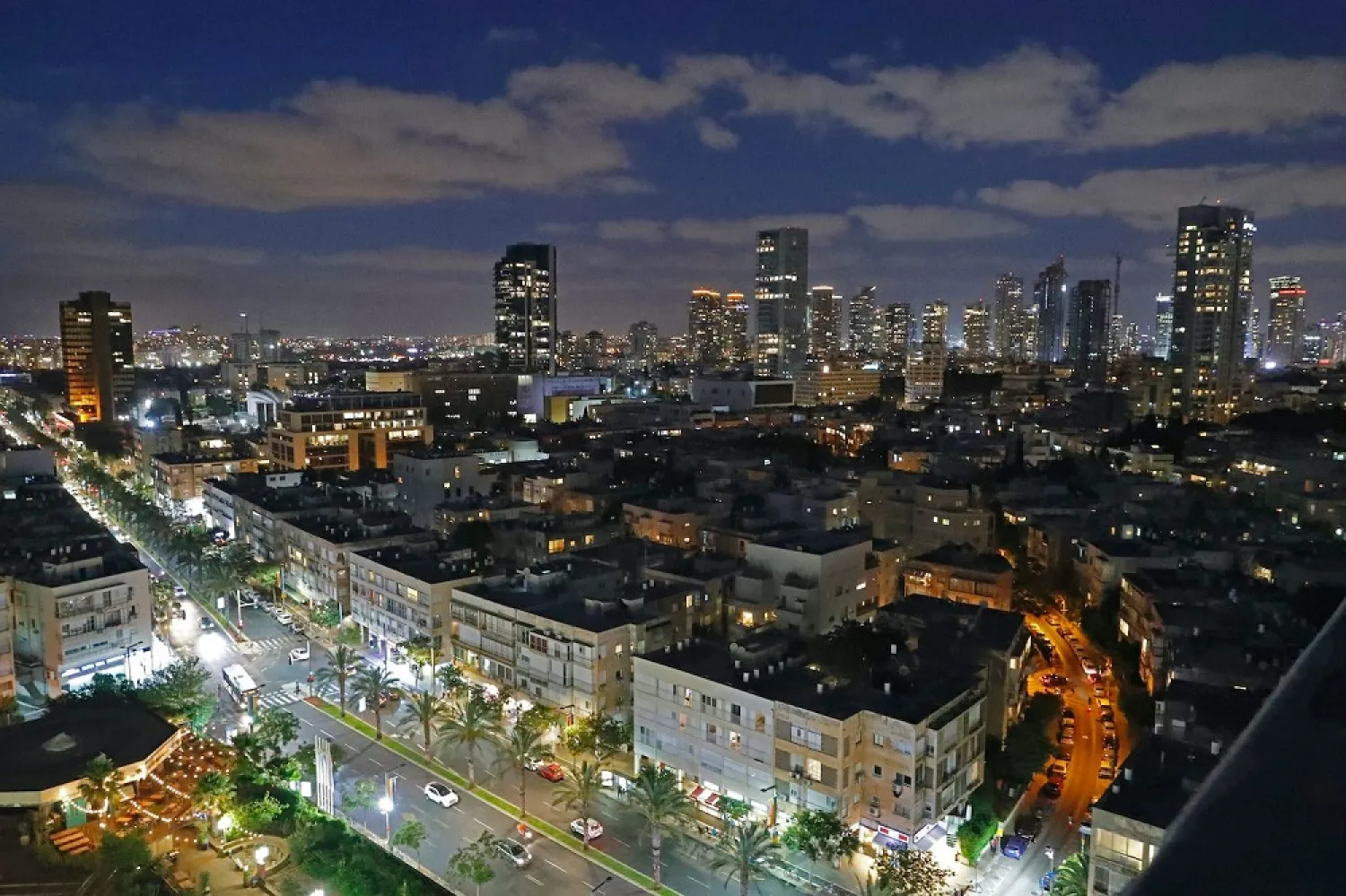A veteran Mossad operative, who Israeli media said specialized in recruiting agents to work against Iran and Lebanon's Hezbollah group, was named on Monday as the Israeli intelligence agency's new chief.
David Barnea, 56, and currently the Mossad's deputy director, will replace Joseph (Yossi) Cohen, early next month, Prime Minister Benjamin Netanyahu's office said in a statement.
Cohen is stepping down after more than five years at the Mossad's helm, during which he was closely involved in Israel's outreach to Gulf states that resulted in peace deals with the United Arab Emirates and Bahrain last year.
Barnea joined the Mossad in 1996, serving as a case officer. From 2013 until his appointment in 2019 to the Mossad's number two post, he commanded its Tzomet division, which Israeli media reports said recruits and runs agents.
The Haaretz newspaper said that as Tzomet's commander, Barnea was responsible for enlisting operatives against the Mossad's top priority targets, Iran and Hezbollah.
Iran has accused the Mossad of being behind the assassinations of nuclear scientists and military commanders as well as sabotage at uranium enrichment facilities that Israel alleges are part of a program aimed at producing atomic weapons.
Tehran denies it is seeking to build nuclear arms.
Barnea's name and position in the Mossad could not be reported in Israel under military censorship rules until the announcement from the prime minister's office of his new appointment.









